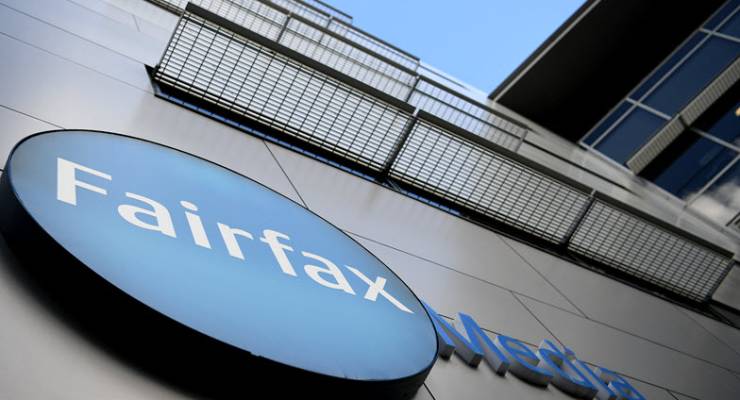
Another week another joint investigation between the ABC and Fairfax’s Sydney Morning Herald and The Age. This time about the questionable quality of honey.
It is another of a growing list of stories where Fairfax Media, 7.30 or Four Corners have cooperated on investigative stories, with the lead Fairfax author on many occasions being Adele Ferguson, Nick Mckenzie or Richard Baker. Linking with the ABC gives the Fairfax stories far more exposure and credibility.
The Age and the Herald have print runs well under 100,000 each a day and an unknown number of digital subscribers. But being generous, around 200,000 to 400,000 people might view or read the story via the various Fairfax outlets after they are published (usually online over the weekend prior to the ABC’s version).
7.30, by way of contrast, regularly has more than 700,000 to 800,000 viewers across the country (measured daily in the independent Oztam ratings and not publisher’s estimates). That could very well double the size of the readership of the stories in print and on the Fairfax websites. The stories are also published on the ABC news website.
It is a win-win situation for Fairfax and the ABC — the investigations have support from both organisations, the splash of publicity is larger and of longer duration than simply a page one “exclusive”, and there’s plenty of chat in follow-up items on ABC radio during the day across the country, on the ABC News channel and packages in radio and television bulletins and programs. Even the News Corp-owned Sky News might mention it during the day.
As well as expanding its reach, a diminished Fairfax benefits from the well-resourced ABC current affairs teams on its investigations, and its high level of trust in the community.
So the glee with which Fairfax embraces this cooperation underlines its breathtaking hypocrisy in complaining about the ABC to the competitive neutrality inquiry being conducted by the ACCC. In its submission to the inquiry, Fairfax claimed the ABC is using its government funding to produce “clickbait”, outbid commercial competitors and siphon audiences away from the commercial sector. Fairfax said in its submission that the ABC was undermining the commercial sector:
It [the ABC] celebrates its contents’ high quality and distinctiveness and emphasises that its content decisions are not ratings driven. ‘The ABC provides audiences with choice, is independent, and is not driven by ratings or profit.’ Yet much of their content is either commoditised or reproduced from the commercial sector and does not reflect these values.
Fairfax also argued that the ABC’s participation in the online news environment from 1995 had distorted the market, and given ABC and SBS are not under an obligation for commercial returns, they are “not on a level playing field”.
The joint investigations have been award-winning for both outlets, including Walkleys, and it’s an increasing trend in a shrinking news market. There’s no word yet on whether Fairfax will still be willing to work with the ABC once the Nine takeover is complete, but if Fairfax (and other commercial outlets) hobble the ABC with their complaints, there might not be much left of the broadcaster left to collaborate with.
What do you make of Fairfax’s relationship with the ABC? Let us know at boss@crikey.com.au.









You don’t have to be a mathematician to work out who’s getting the better part of the deal between the ABC and Fairfax on certain exposes,with the ABC reaching more than twice the number of customers than Fairfax. The ABC would be better off doing it’s own thing.